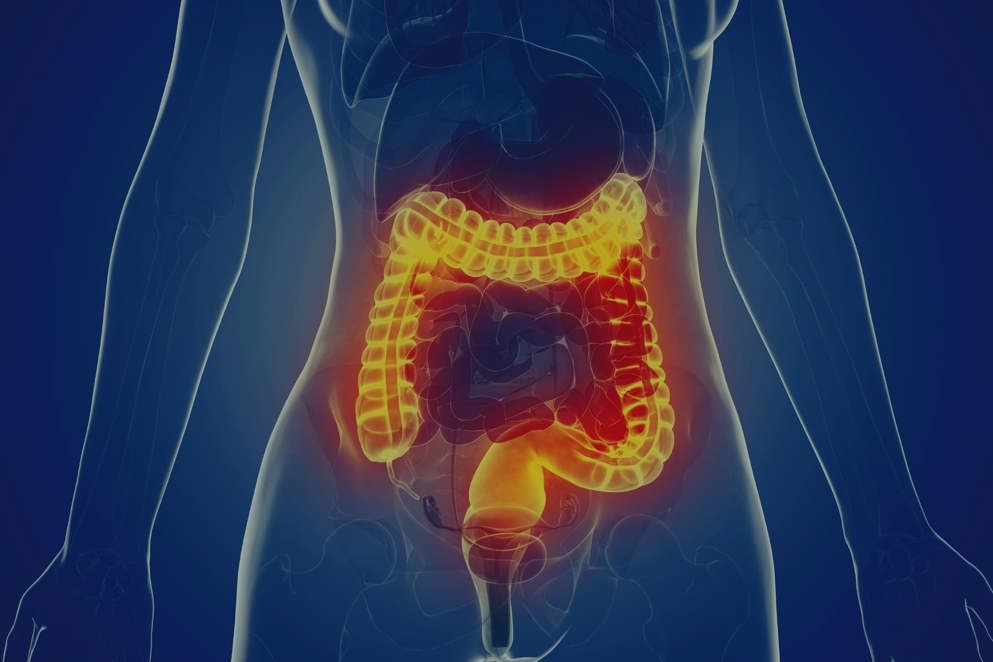Fifty percent of patients with ulcerative colitis treated with mirikizumab achieved clinical remission at one year in Phase III LUCENT-2 study.
In Eli Lilly and Company's pivotal, Phase III LUCENT-2 study, patients with ulcerative colitis (UC) who responded to mirikizumab at 12 weeks achieved and maintained statistically superior and clinically meaningful improvements at one year compared to placebo across the primary endpoint of clinical remission and all key secondary endpoints, including bowel urgency severity, using a novel, patient-reported outcome measure.
Late-breaking results are being presented at Digestive Disease Week (DDW). If approved, mirikizumab would become the first and only anti-IL23p19 treatment for people with UC.
"Ulcerative colitis can significantly impact a patient's quality of life, including fecal incontinence due to bowel movement urgency that may even result in individuals wearing diapers. Patients often spend years trying different treatments, including steroids and TNF inhibitors, hoping to achieve remission, reduce inflammation and get relief from painful, disruptive and sometimes embarrassing symptoms," said Marla C. Dubinsky, M.D., Professor of Pediatrics and Medicine, Co-director of the Susan and Leonard Feinstein IBD Clinical Center, Chief of the Division of Pediatric Gastroenterology and Nutrition at the Icahn School of Medicine at Mount Sinai. "I'm encouraged by what the LUCENT-2 findings could mean for patients with UC, as one-half of mirikizumab patients achieved clinical remission and 98 percent of those patients were also not taking steroids. Additionally, 40 percent of mirikizumab patients achieved resolution or near resolution of their distressing symptom of bowel urgency."
Mirikizumab was superior to placebo on clinical, symptomatic, endoscopic and histologic endpoints regardless of previous failure to TNF inhibitors, tofacitinib or other biologics. Among patients who had responded to 12-week induction treatment with mirikizumab, one-half of patients receiving mirikizumab maintenance treatment (49.9%, n=182/365) achieved clinical remission at one year compared to one-fourth of patients on placebo (25.1%, n=45/179, p<0.001). nearly two-thirds of patients receiving mirikizumab who achieved clinical remission at 12 weeks maintained clinical remission at one year (63.6%, n="91/143)" compared to one-third of patients on placebo (36.9%, n="24/65," p><0.001). nearly all patients receiving mirikizumab who achieved clinical remission at one year were not taking corticosteroids for at least three months prior to the end of maintenance treatment (97.8%, n="178/182)."
A patient-centric, 11-point scale developed by Lilly was used to assess changes in bowel urgency severity. Among patients who achieved clinical response in the 12-week induction study and who had a baseline urgency severity of 3 or greater, more than two in five patients on mirikizumab (42.9%, n=144/336) achieved resolution or near resolution of bowel urgency severity at one year compared to one in four on placebo (25%, n=43/172, p<0.001). among patients who achieved clinical response in the 12-week induction study, patients receiving mirikizumab had a statistically significant average reduction in bowel urgency severity of 3.80 (3.53 to 4.07) at one year, compared to 2.74 (2.35 to 3.14) points for patients on placebo.
Patients receiving mirikizumab in the LUCENT-2 study reported a lower frequency of serious adverse events compared to placebo (mirikizumab: 3.3%, n=13/389; placebo: 7.8%, n=15/192) and were less likely to discontinue the study due to adverse events (mirikizumab: 1.5%, n=6/389; placebo: 8.3%, n=16/192). The overall safety profile was consistent with previous mirikizumab studies in UC and consistent with that of other anti-IL23p19 antibodies in other therapeutic areas.

